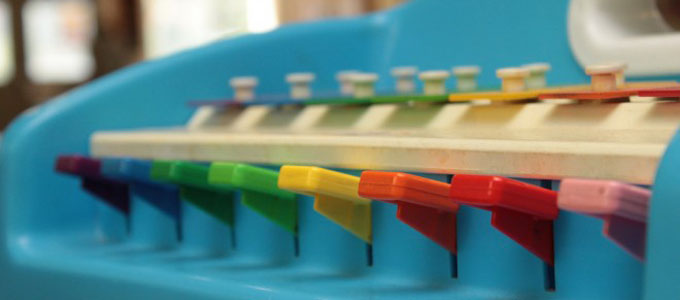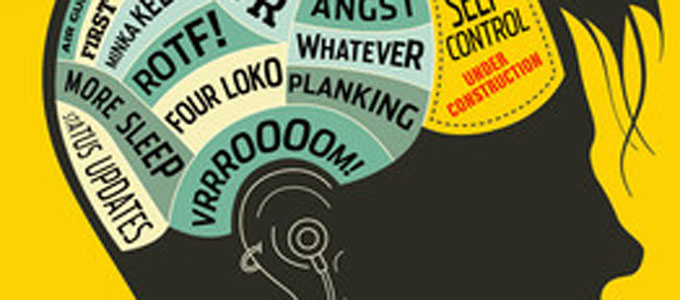This article gets mixed reviews from me. I agree with the final conclusion that preschool is an essential step toward eliminating the achievement gap. However, the presented theory that money automatically gives children access to enrichment, I find faulty. In my opinion it is the interaction of parents and children that set the stage for enthusiasm or lack thereof. Children are born with a natural curiosity and quest for knowledge. It is up to parents to encourage and join in this passion. This ‘joining’ serves as a platform for launching successful children.
 “Does Preschool Matter?”Jonah Lehrer | March 5, 2012  For many kids, the most important years of schooling come before they can even read. Consider the groundbreaking work of the Nobel Prize-winning economist James Heckman, who has repeatedly documented the power of early childhood education. One of his best case studies is the Perry Preschool Experiment, which looked at 123 low-income African-American children from Yspilanti, Michigan. (All the children had IQ scores between 75 and 85.) When the children were three years old, they were randomly assigned to either a treatment group, and given a high-quality preschool education, or to a control group, which received no preschool education at all. The subjects were then tracked over the ensuing decades, with the most recent analysis comparing the groups at the age of 40. The differences, even decades after the intervention, were stark: Adults assigned to the preschool program were 20 percent more likely to have graduated from high school and 19 percent less likely to have been arrested more than five times. They got much better grades, were more likely to remain married and were less dependent on welfare programs. This is why, according to Heckman and colleagues, every dollar invested in preschool for at-risk children reaps somewhere between eight and nine dollars in return. Why is preschool so important? The answer is obvious: The young mind is wonderfully malleable, able to develop new habits with relative ease. Furthermore, the benefits of preschool are not equally distributed. Rather, they seem to be particularly essential for those kids from the most disadvantaged households. A new paper in Psychological Science by Elliot Tucker-Drob, a psychologist at the University of Texas at Austin, helps explain why this is the case. He wanted to tease out the relative contributions of nature and nurture, genes and environment, in the improvement of academic skills during pre-kindergarten education. His data set made these questions possible: Tucker-Drob used a national sample of 1,200 identical and fraternal twins born to 600 families of various incomes and ethnicities across the United States in 2001. Because he was comparing identical twins, who share 100 percent of their genes, and fraternal twins, who share 50 percent, he was able to calculate the relative genetic and environmental influences on achievement at age five, both for those kids who had been enrolled in preschool and those who went without. His main finding might, at first glance, seem somewhat paradoxical. According to the twin data, family environmental factors — the nurture side of the equation — accounted for about 70 percent of the variance in test scores for children who did not attend preschool. In contrast, those same family factors only accounted for about 45 percent of variance among children who attended preschool… |




